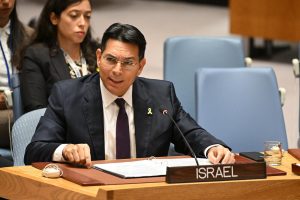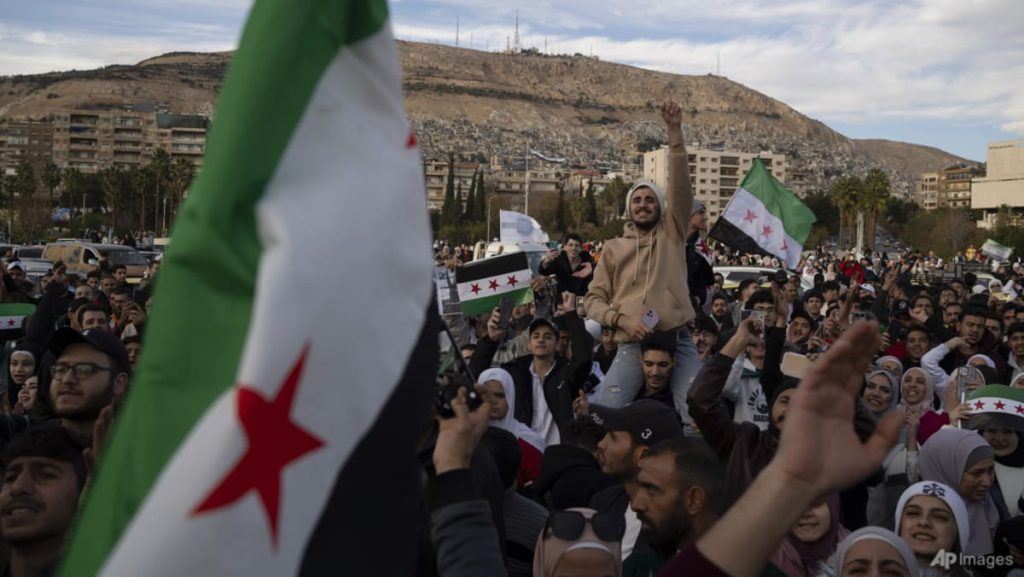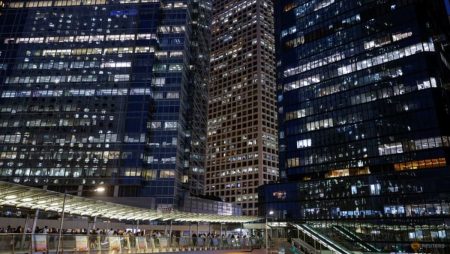The evening of December 7th, 2024, descended upon Damascus, Syria, draped in a palpable tension. Whispers of approaching rebel forces circulated among the city’s inhabitants, prompting residents, including hundreds of Indonesian citizens, to retreat indoors, sealing their homes against the unknown. Among them were Indonesian students like Tubagus Muhammad, a 22-year-old undergraduate residing in a dormitory a mere ten minutes from former President Bashar Al-Assad’s palace. As darkness deepened, the internet flickered and died, severing the city from the outside world and amplifying the sense of isolation and fear.
Tubagus, like many others, sought uneasy refuge in sleep, only to be jolted awake around 2 am by a cacophony of loud bangs echoing through the city. In the pre-dawn darkness, with no access to information and fueled by the prevailing anxiety, the sounds resonated as gunfire, creating a terrifying scenario for the young student. Convinced he was witnessing an armed conflict unfolding around him, Tubagus experienced what he described as his “scariest night,” driven to the extreme of recording a farewell video message, a testament to the genuine fear gripping him and likely many others.
However, as dawn broke and the internet connection sputtered back to life around 5 am, a different reality emerged. The sounds that had instilled such terror were not the staccato bursts of gunfire, but the celebratory shots fired into the air, marking a dramatic shift in the Syrian conflict. The rebel forces, Hayat Tahrir al-Sham, led by Abu Mohammed al-Golani, had successfully advanced on Damascus, culminating in the seizure of the capital and the flight of President Assad, who reportedly sought asylum in Russia. This pivotal moment signified the potential end of a brutal 13-year conflict that had ravaged Syria, claiming over half a million lives and displacing millions more.
The confirmation of Assad’s downfall transformed the atmosphere in Damascus from fear to jubilation. The streets, once shrouded in apprehension, filled with residents pouring out of their homes, eager to express their newfound freedom from the long grip of Assad’s regime. The sounds that had initially sparked terror now resonated with a different meaning, a soundtrack to the collective relief and hope surging through the city. The fall of the regime was a watershed moment, promising an end to the years of violence and displacement that had defined Syria for over a decade.
Wahyudi, another Indonesian undergraduate in Damascus, witnessed the transformation firsthand. He described the scenes following morning prayers as a city overtaken by a wave of celebratory emotion. Residents chanted the Islamic “takbir,” their voices echoing the collective joy and liberation. The atmosphere, he recounted, surpassed even the festive spirit of Eid, the most important religious holiday in Islam. The sounds of gunfire, now clearly celebratory, punctuated the air, intermingling with the chants and cheers of a populace tasting freedom after years of oppression. This stark contrast between the fear of the night and the jubilation of the morning underscored the dramatic shift in the city’s fortunes.
The events of that weekend marked a turning point in Syria’s history. For the Indonesian students in Damascus, the experience was a stark reminder of the fragility of peace and the resilience of the human spirit. From the terror of the unknown sounds in the dead of night to the realization of their true meaning in the morning light, they witnessed a historical moment unfold, a transition from fear to jubilation as Damascus, and perhaps Syria as a whole, embarked on an uncertain but hopeful path toward a future free from the shadow of a protracted and devastating conflict. The fall of Assad, while cause for celebration, also signaled the beginning of a new set of challenges as Syria grapples with rebuilding and establishing a new political landscape.










